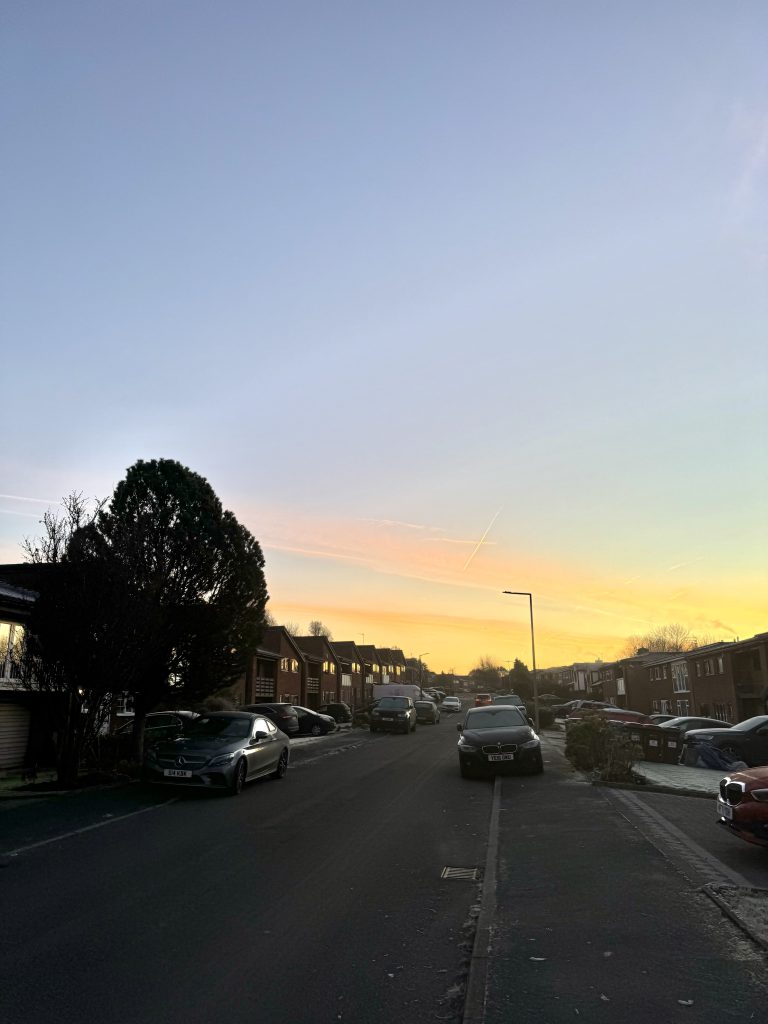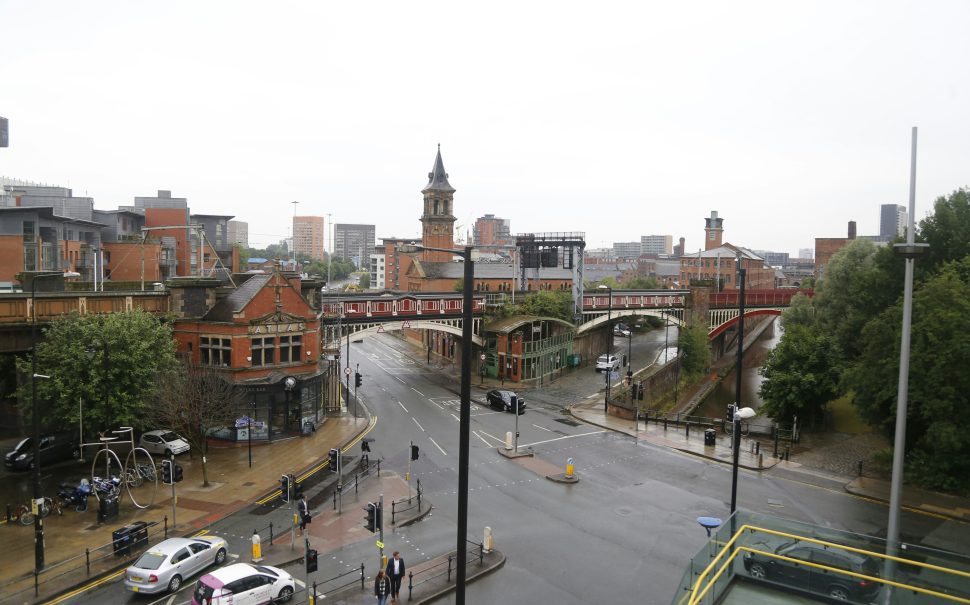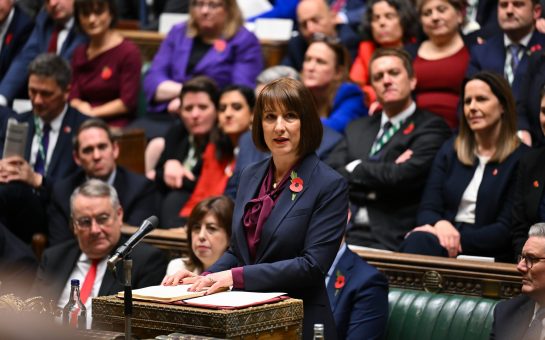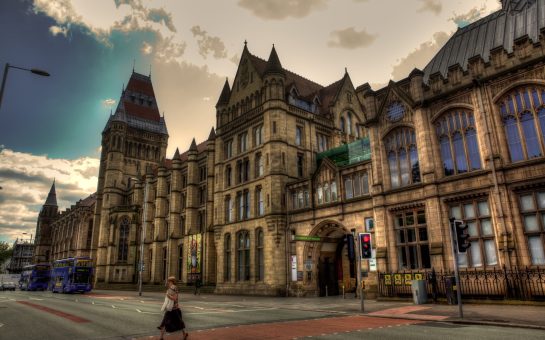Trafford is officially the most expensive borough in northern England to buy a property, according to recent ONS data.
And the historically cheaper Greater Manchester boroughs of Oldham, Wigan and Bolton have seen prices increase more than 40% in the five years up to August 2024 according to the UK House Price Index.
Even though Trafford is the most expensive borough in northern England – as it also was five years ago – it was still 90th on the list of average house prices in English boroughs this year.
The average Trafford house price has risen to £382,543 in August 2024 – up 31.2%, the lowest increase of all the Greater Manchester boroughs.
Trafford’s average house price is nearly £50,000 more than England’s average house price this year – £332,824.
And in the cheapest boroughs, property prices in Oldham rose by 45.4%, up to £200,046, while Bolton prices increased by 44.4% to £200,712. In Wigan house prices rose 41.2% to £192,252 over the five-year period.
Wigan’s average price – the lowest in Greater Manchester – is still more than £140,000 cheaper than the UK national average.
Stockport, Manchester and Bury were the next most expensive boroughs which experienced the lowest price increases over the past five years.
House prices in Stockport rose by 31.9%, up to £301,454, while Manchester prices increased by 37.1% to £249,483, while house prices in Bury rose 35.8% to £244,097 over the five-year period.
Longsight renter Monica Gilardi, 31, was shocked to learn of the 37.1% increase of the average property price in Manchester over the last five years – rising to £249,483.
She said: “It’s crazy, because salaries haven’t gone up 40%, have they?”
Gilardi described her difficulty finding a two-bedroom property to buy in Manchester with a budget of £200,000.
“I’m fatigued by estate agents’ behaviour, because there’s really no accountability for them – obviously their job is to sell the house.
“They don’t care about the buyer, and then the buyer has to deal with a solicitor who is maybe present, maybe completely absent, and you have to find out all these things by yourself. It’s not easy.
“I am now considering not buying in England, because I have already spent £500 on a survey for a house that I ended up not buying – the survey highlighted all the problems that the vendors were trying to hide, and then the estate agent was in denial about it.
“And when I walked out on the deal, they seemed surprised.”

A Manchester-based estate agent who wishes to remain anonymous said they did not believe estate agents had a significant role to play in the increase of average house costs.
They said: “Obviously, estate agents have a part to play, because we’re the ones that put the properties on the market, but it’s because the demand is so high, if the demand wasn’t high, you wouldn’t be able to increase the prices.
“Ultimately, a property will only go for what people will pay for it.
“I would say it’s more of a supply versus demand issue.
“There’s been a shift in the rental market where more people are renting for longer because they can’t afford to buy, which means that there’s more demand in the market.”
They said boroughs which have typically been more affordable are beginning to increase in price more drastically as a result of city centre dwellers looking to move to the outskirts, due to increased property prices in central Manchester.
They said: “You’ll see people who are priced out of the areas that they’d normally choose to live in will then move to the outskirts.
“And then again, as you’ve got more people looking in the outskirts, the prices will naturally rise.
“A lot of people, as well, since COVID, don’t want to live in the city and would rather commute so they’re closer to green spaces and you’ve also got to look at inflation rates.”
The estate agent also admitted landlords may have a role to play in these price increases.
They said: “If you look in the areas that you mentioned earlier, like Oldham and Wigan, then, yes, a lot of landlords are starting to look in those areas to purchase.
“So that could be a factor as to why those prices have gone up, but ultimately, if you’re putting a new property on the market and someone’s willing to pay a certain amount for it, why would you not?”
House prices in England over the last decade
Between August 2014 and 2024, the average house price in England increased 52.7% to £310,000.
And in the North West, the average house price increased 63.0% to £225,000 according to ONS data.
This increase was the highest of all the regions in England.
However, the North East showed a drastically different trend.
Over the last decade, the average house price increased by 37.2% to £166,000 – nearly £60,000 less than the average house price in the North West.
And when comparing the North and the South, London house prices increased the least of all regions in England in the last 10 years – 31.1% – yet, it was by far the most expensive region in England
This year London’s average house price was £531,000 – almost double the English house price average.
Alistair Smyth, Director of Research and Policy at the National Housing Federation, said: “These figures show how widespread our housing crisis is, affecting people in every part of the country.
“Today over eight million people in England are living in unsuitable, unaffordable homes or homeless. Sadly, the severe lack of genuinely affordable housing means that more and more families are being priced out of their local area.
“This is a crisis that can be solved, but we need the right funding and policies in place. We want to work with the government to build the right homes in the right place.
“To achieve this, we hope to see a long-term plan for housing brought forward at the next spending review, which places social and affordable housing at its core.”
Featured Image: Georg Eiermann via Unsplash




